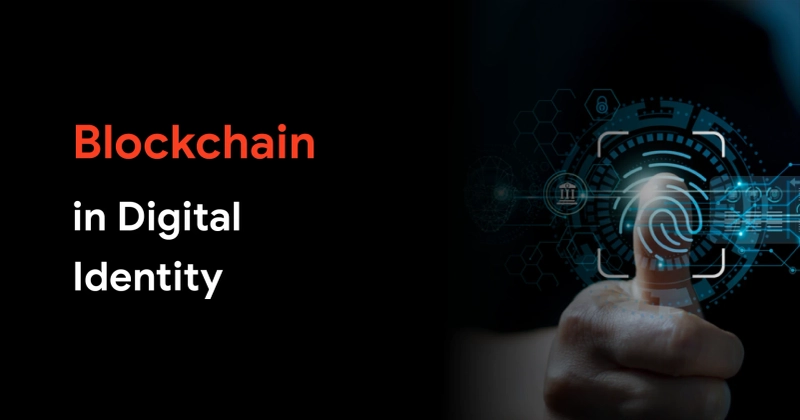Have you ever thought your digital identity can be shared or misused? There is a chance of data leakage or insecurity, tampering, data hacking. To overcome these problems, the blockchain-security identity platform was implemented. It is a decentralized technology that empowers a digital identity system with high security, robust privacy control, transparency.
This blog will see blockchain technology in digital identity and how it ensures security and privacy overwhelmingly.
Overview of digital identity
Digital identity is a set of valid digital attributes that encompass the data related to identity requirements. Digital identity having data existing online that can be traced back to the get you.
For example, When you access online, you have to submit the username and password credentials that you have created. That is digital identity.
Usecases of the digital identity management system :
Banking Industry:
In the banking sector, If a customer needs net banking, they have to physically submit the required documents, get approval, and access online services. This is a routine we have followed. In this digital identity management, the data can be stored in a centralized place, and a single entity can own all the digital identities of many customers. Centralized storage is not safe; it leads to data hacking, tampering, data loss, data leakage. Also, the user cannot get access to view /edit the digital identity. Data accessibility could be a problem. They are extremely inefficient, time-consuming, costly, labor-intensive manual processes.
Blockchain security identity platform:
The advent of blockchain development changed the way we deal with digital identity. Here, digital identity is fully digitized, and the separate key will be given to users for easy accessibility and control of their own data. It helps enterprises manage customer data secure, compliant, cost-effective, enabling a transparent, simple client identification process. Since blockchain is a decentralized system, the data can be stored in one place, thus eliminating the storage across different systems. It saves resources on storage and enables security by way of strong consensus in the blockchain.
Currently, Canadian banks adopt blockchain for Identity verifications. Royal bank of Canada, Bank of Nova scotia, Canadian Imperial Bank of Commerce take a big step forward in Identity verification, using blockchain technology to improve customers ability to prove their identity digitally so they can confidently access their accounts. Loans approval will become easy While accessing clients data digitally.
Advantages of blockchain in digital identity:
Blockchain offers secured digital identity management that has provided benefits like better customer experience. The clients have their data in one place, easy traceability, enhanced trustability, privacy data controls, immutability, tamper-free, hack free. Simultaneously, audits for compliance with regulations have become more comfortable as the owners can verify fully auditable and immutable information and better understand the client’s actions.
Upshot:
This is all about a blockchain-based Security Identity Platform. Now, you have gained knowledge about how to implement digital identity securely and safely.


